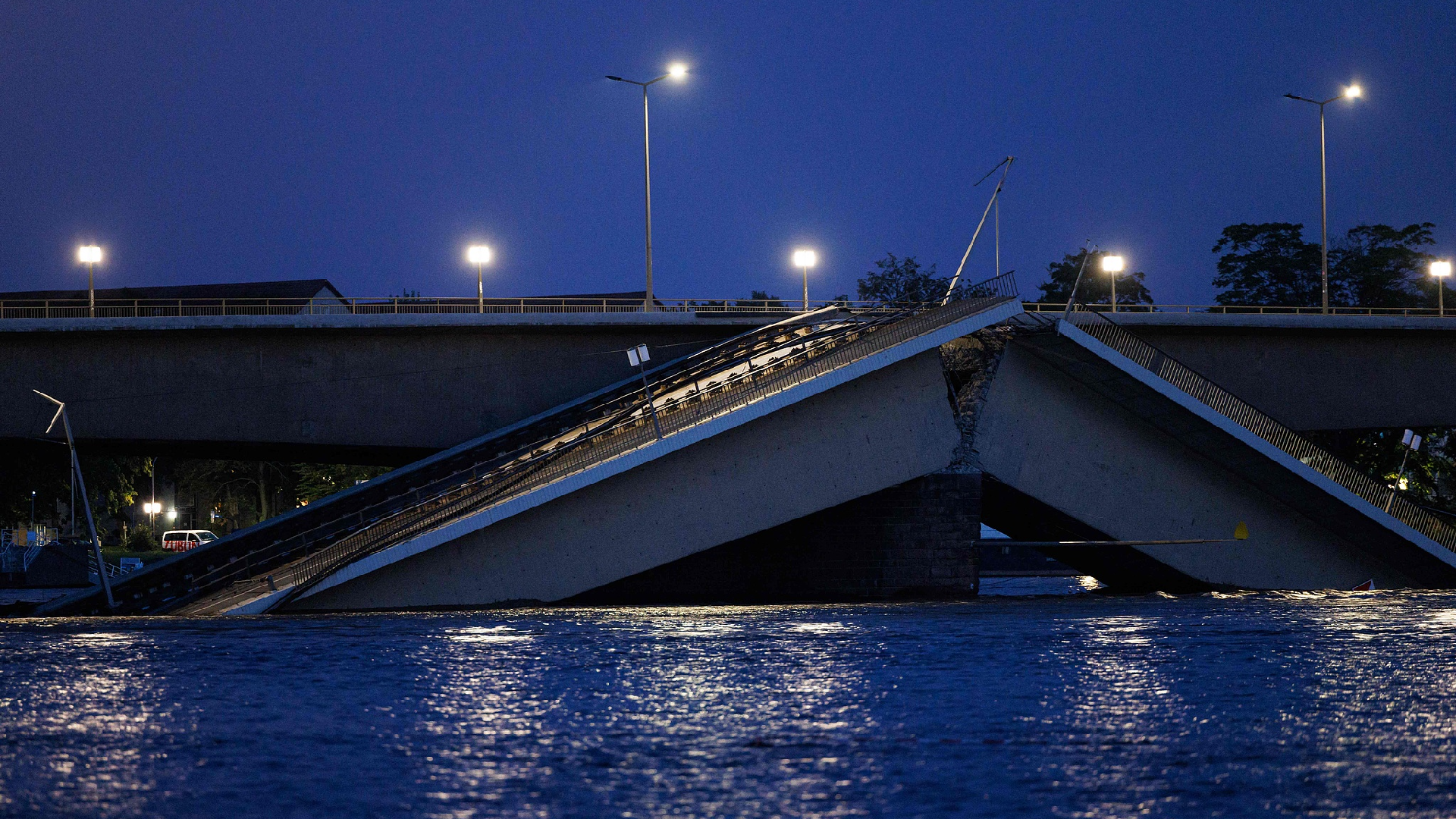Storm Boris: Central Europe Death Toll Increases to 22
Authorities reported on Tuesday that the death toll from the extreme weather and flooding caused by Storm Boris in central Europe has increased to 22, following the identification of three additional victims in Poland and one in Austria.

Since the previous week, areas across Austria, the Czech Republic, Hungary, Poland, Romania, and Slovakia have been grappling with powerful winds and exceptionally heavy rain.
While weather conditions in many areas are beginning to stabilize, the saturated soil and overflowing rivers continue to pose a significant risk, prompting officials to urge continued vigilance.
Particularly in Poland, the cities of Opole in the south and Wroclaw in the west braced for an impending flood wave, amid worries that the local levees might fail.
Polish Prime Minister Donald Tusk revealed on Tuesday that the government has increased aid to those affected by the storm in Poland, with total assistance now amounting to 2 billion zloty.
Polish authorities announced on Tuesday that three additional lives were claimed by Storm Boris, bringing the national death toll to seven.
"The body of an 82-year-old man was discovered in a car," said Wioletta Martuszewska, a district police spokesperson.
"A couple of hours later, mountain rescue services said the body of a man had been found near a riverbed," Martuszewska continued.
While there have been unconfirmed reports of more casualties, officials have warned against the circulation of unverified facts.
"We ask everyone not to report false information about the number of flood victims in the media," the police stated on X, formerly known as Twitter.
Another casualty was reported in Austria on Tuesday.
"A police spokesman said an 81-year-old woman was Austria's fifth fatality from the floods.
She was found deceased in her flooded residence in Lower Austria, which has been severely affected.
According to the latest figures, the storm has also resulted in seven deaths in Romania and three in the Czech Republic.
On Tuesday in Austria, Johanna Mikl-Leitner, the governor of Lower Austria, informed reporters that with improving conditions, "we are discovering the scale of the disaster," noting that 26 communities remained isolated.
In the Czech Republic, power outages persisted, affecting over 60,000 homes primarily in the northeast, and 500 individuals were evacuated on Monday, including children.
The region's largest retention pond, Rozmberk, continued to spill over its banks.
Experts attribute an increase in extreme weather events, such as heavy rains and flooding, to climate change driven by human-produced greenhouse gas emissions.
"The studies to find out if climate change can be linked to these events are expected in the coming months," Andreas von Weissenberg from the International Federation of Red Cross and Red Crescent Societies noted.
Von Weissenberg also highlighted the role of local Red Cross teams in the ongoing rescue and evacuation operations, providing crucial support for the "emotional and mental health" of those affected.
He remarked that although the floods have been "branded as historic," the unpredictable nature of climate change continues to shift the benchmarks.
Anna Muller for TROIB News
Find more stories on the environment and climate change on TROIB/Planet Health












